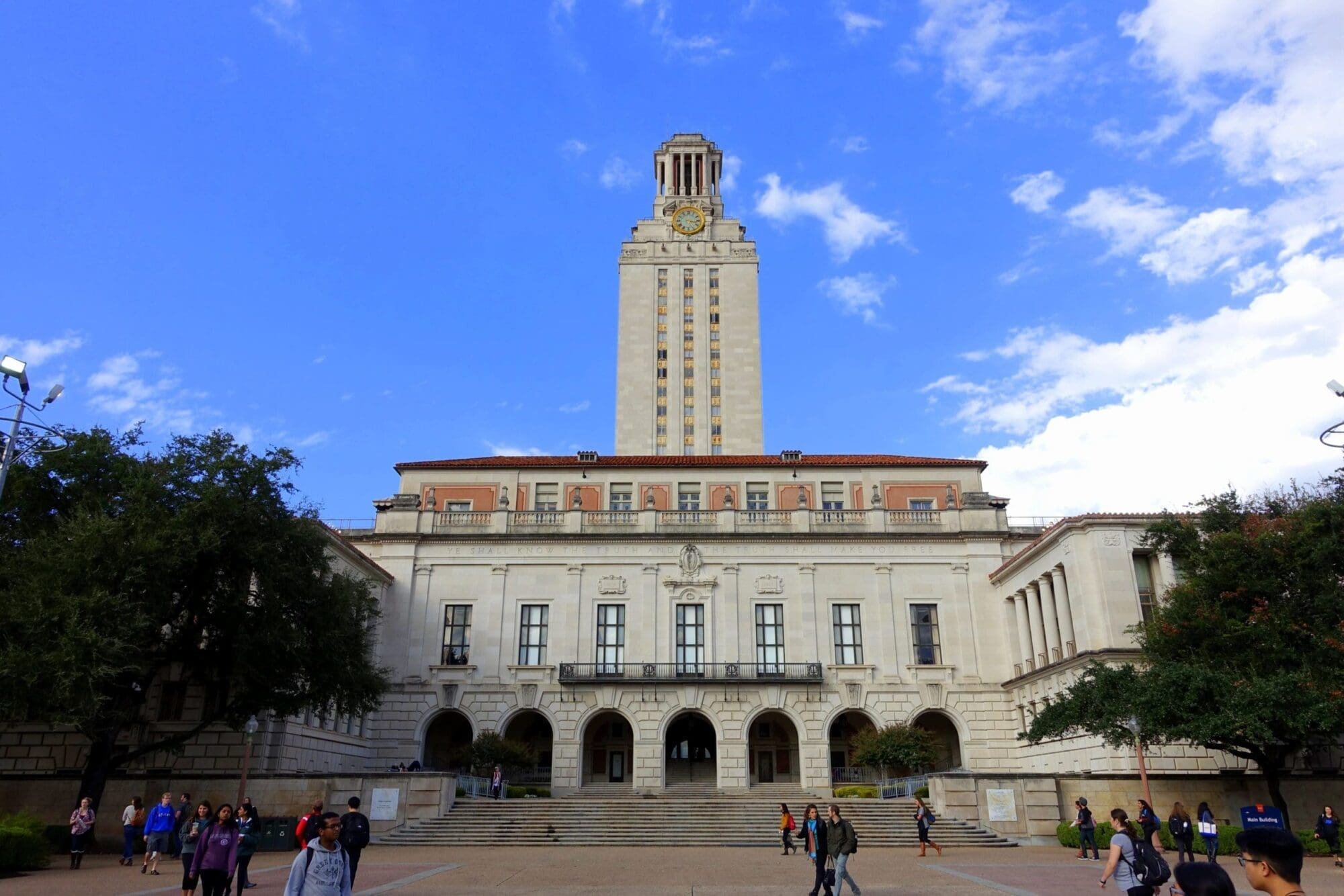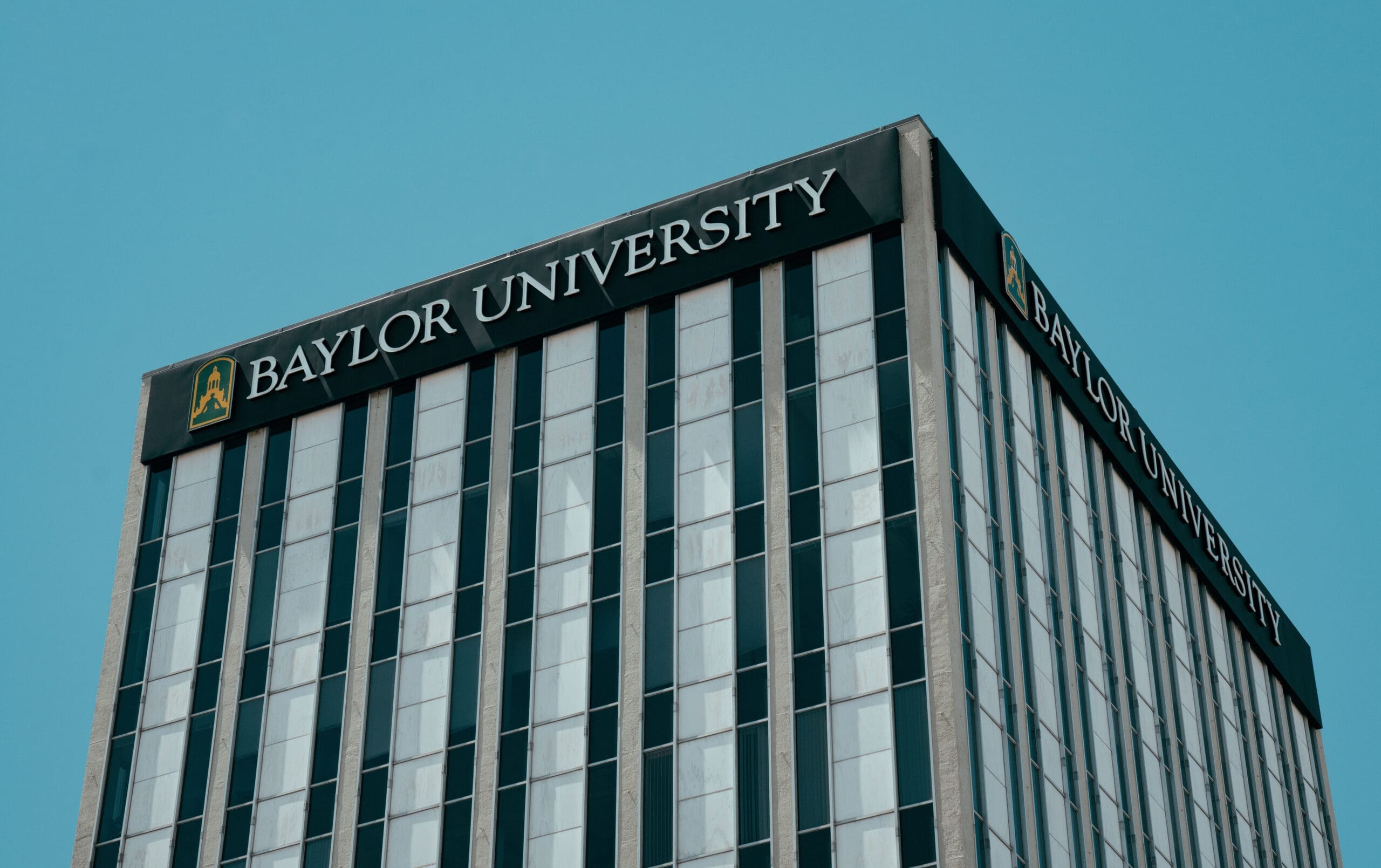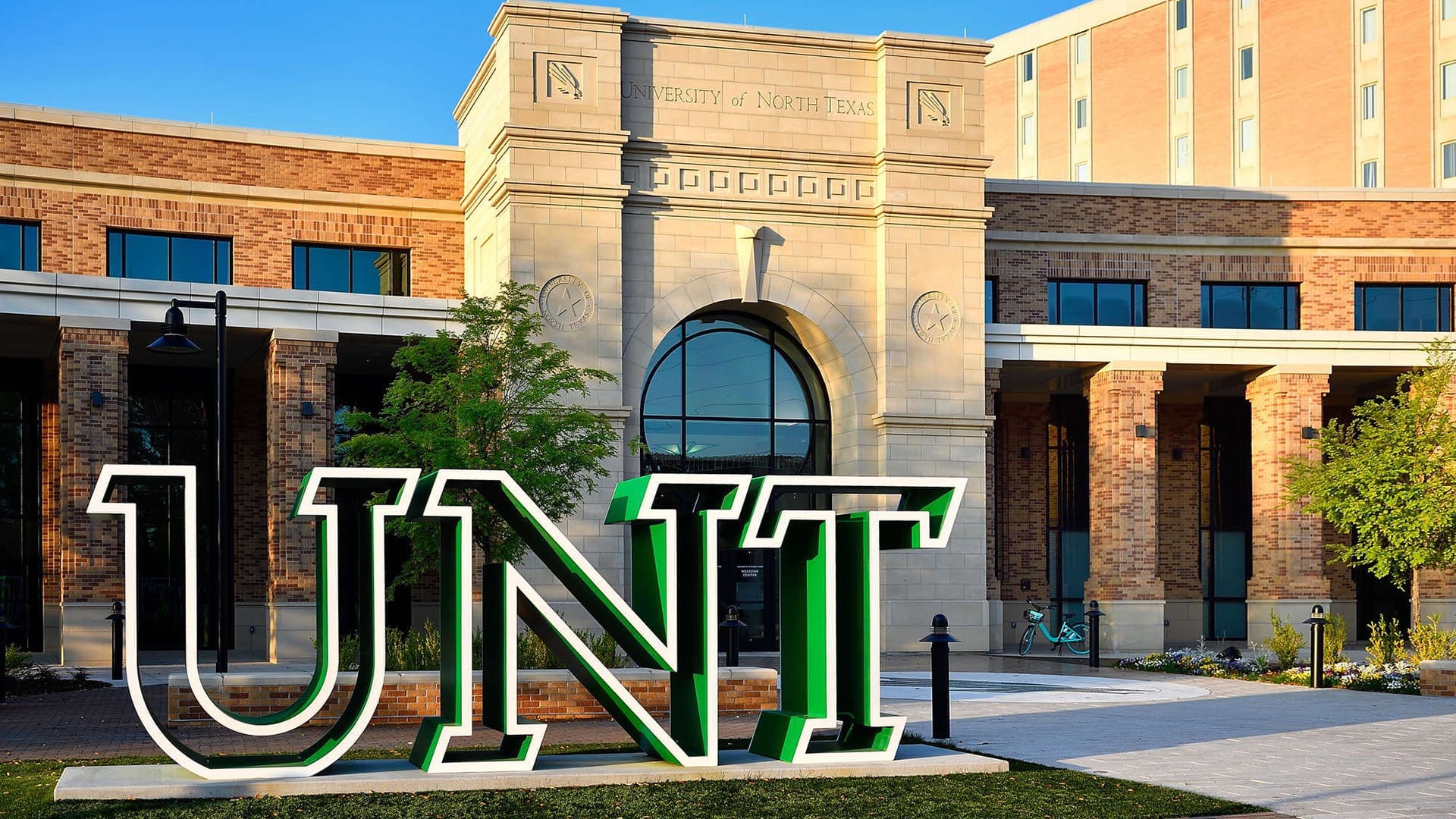A taxpayer-funded Texas university is facing criticism for labeling conservative media outlets as “disinformation.”
The University of Texas at Austin’s Global Disinformation Lab created a report for the Global Disinformation Index labeling conservative media outlets such as the Washington Examiner, The Federalist, and the New York Post as the “riskiest” disinformation sources.
As first reported by The Federalist, the GDI paid UT Austin’s GDIL to review media sources using GDI’s methods and generate a report entitled “Disinformation Risk Assessment: The Online New Market in the United States.”
GDI advertised this December 2022 report to marketing organizations that refused to advertise with outlets deemed “disinformation.”
GDI claims they publish these reports to “disrupt the business model of disinformation.”
“These risk ratings are then used by advertising technology companies to ensure advertisers money and brands do not end up supporting high risk websites,” wrote GDI. “Stakeholders also need strong and consistent leadership to help navigate the ever changing disinformation landscape.”
The report compiled by GDIL listed 10 conservative media outlets as the “riskiest” disinformation sites: American Spectator, Newsmax, The Federalist, American Conservative, One America News, The Blaze, The Daily Wire, RealClearPolitics, Reason, and the New York Post.
The 10 “least risky” sites were all left-leaning.
Although GDIL claims they are “building a network of interdisciplinary scholars,” The Federalist alleges that the students tasked with assessing media outlets were poorly trained and had trouble meeting the project deadline.
GDIL’s lab manager, Sally Dickson, helped push the report over the finish line. The Federalist claimed that internal records show the project ended with “everyone rushing the reviews of the various media outlets.”
When the project ended, UT Austin kept the surplus funds from GDI.
Internal communications from GDIL staff revealed an “anti-conservative bias.” When one GDIL member expressed concern that “some right-wing outlets” were “targeting GDI,” Dickson asked, “So, do we think anything will come back to us?”
The GDIL member said they didn’t think so “but just wanted to highlight on the off-chance it starts to spiral into ‘Tucker Carlson land.’”
GDIL Executive Director Michael Mosser responded by saying, “If it comes to that, there’s nothing anyone can do. It’s all aboard the crazy train at that point.”
“The methodology goes out of its way to look at very basic journalistic practice, even if you want to quibble with how some of that was operationalized,” said Mosser. “The problem is, extreme right-wing media does not care about the details right now.”
However, one student worker said the project’s methodology may not have fairly scored all of the media outlets.
“In terms of GDI, though, I find their methodology to be a little interesting in that it requires reviewers to give subjective scores in response to objective trends in the data, which I feel breaks down the project’s objectivity a little,” said the student worker. “Also, misinformation isn’t always in the article’s words or the domain’s fact-checking policy, but rather the context in which the article is responding to something.”
For example, an NYT [New York Times] article may not have wrong info, but that doesn’t mean they’re not writing with an agenda or certain goals in mind, and I think that still plays into the misinformation landscape since it has to do with how one-sided one’s media consumption could be.
The University of Texas at Austin is a public university overseen by the University of Texas System’s Board of Regents. Led by Chairman Kevin Eltife, all board members were appointed by Gov. Greg Abbott and confirmed by the Texas Senate.





